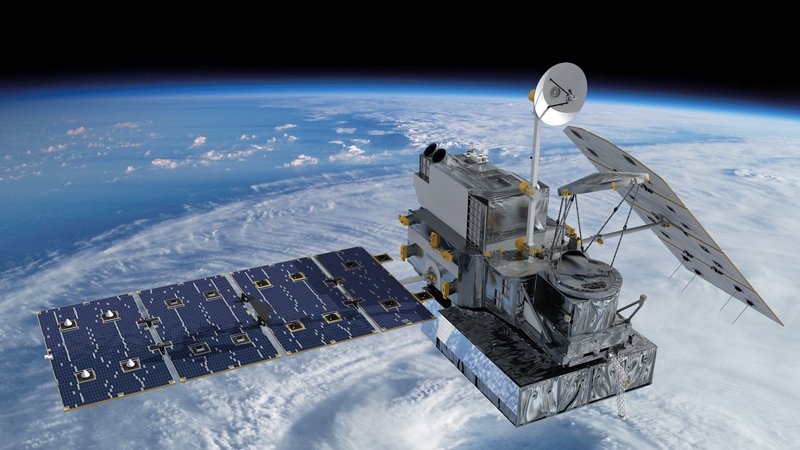
In a remarkable stride towards technological self-reliance and fostering India’s position in the global space market. The Indian Space Research Organisation (ISRO) has taken a historic step by transferring its advanced IMS-1 Satellite Bus Technology to Alpha Design Technologies Pvt. Ltd. (ADTL).
Transfer Facilitation
This transfer, facilitated by ISRO’s commercial arm, NewSpace India Limited (NSIL), signifies a pivotal moment in India’s space journey. By allowing the private sector to play a more substantial role in space research and exploration.
The IMS-1 satellite bus, a creation of the U R Rao Satellite Centre, exemplifies ISRO’s dedication to innovation and cost-effectiveness.
Designed to provide low-cost access to space, this versatile and efficient small satellite platform has been a game-changer in Earth imaging, ocean and atmospheric studies, microwave remote sensing, and space science missions.
With a payload capacity of 30 kg and a weight of about 100 kg, the IMS-1 bus combines agility with performance.
Key Highlight
One of the key highlights of the IMS-1 satellite bus is its 3-axis stabilized system, complete with four reaction wheels and a 1 N thruster for precision pointing accuracy.
This technology, which has been integral to successful ISRO missions like IMS-1, Youthsat, and Microsat-2D, lays the foundation for the more advanced IMS-2 bus technology.
The incorporation of such cutting-edge features ensures a quick turnaround time for satellite launches, enhancing the overall efficiency of space missions.
By transferring this technology to the private sector, ISRO has catalyzed a paradigm shift. ADTL is armed with its expertise in engineering, manufacturing, and system integration. This will now poise to make significant contributions to India’s space research and exploration endeavours.
This not only bolsters India’s industrial growth in the space sector but also aligns with the nation’s aspiration to become a prominent player in the global space market.
This monumental transfer underscores ISRO’s commitment to inclusivity and collaboration. This will certainly bring several changes in Space Technology use in India.
With the private sector now actively involved, the potential for innovation and growth in the space industry has expanded exponentially.
Furthermore, this initiative reinforces ISRO’s vision of technological self-reliance.
By enabling private players to partake in space research, India is taking bold strides towards lessening its dependence on foreign technologies. This will also enhance its indigenous capabilities.
The transfer also mirrors India’s ambitions to elevate its global standing as a space-faring nation. Also primed to share its expertise and advancements with the international community.
Conclusion
the transfer of ISRO’s IMS-1 Satellite Bus Technology to ADTL marks a watershed moment in India’s space journey. This collaboration between the public and private sectors sets the stage for an era of innovation. By which growth, and self-sufficiency in the space industry become inevitable.
As India takes steady strides towards becoming a dominant force in the global space market, the empowerment of the private sector through technology transfer remains a pivotal catalyst for progress.






